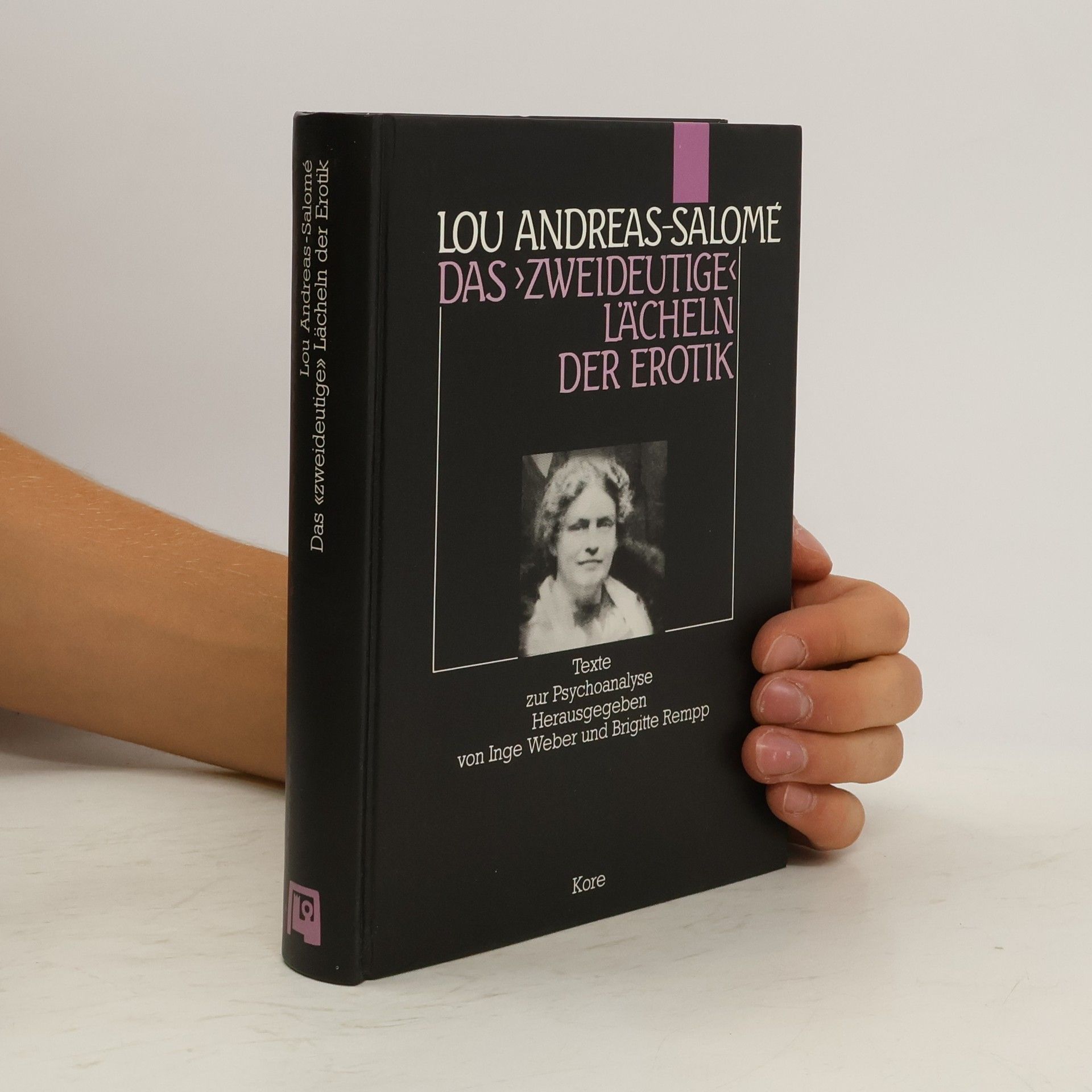Vita di Nietzsche
- 253pagine
- 9 ore di lettura
"La presente edizione è stata realizzata sulla base dell'esemplare appartenuto al Nietzsche-Archiv di Weimar dell'edizione originale, pubblicata a Vienna nel 1894. L'esemplare è oggi conservato presso la Herzogin Anna Amalia Bibliotek di Weimar e reca alcune glosse di pugno di Elisabeth Forster-Nietzsche. Nel corso della traduzione, tuttavia, si è tenuta presente anche la precedente traduzione italiana 'Nietzsche. Una biografia intellettuale', traduzione di A. Barbaranelli e G. Maragliano, con un saggio introduttivo di M. Campa e N. Fusini, pubblicata a Roma dalla casa editrice Savelli nel 1979 e ormai da tempo fuori commercio." (Enrico Donaggio, Domenico M. Fazio)





